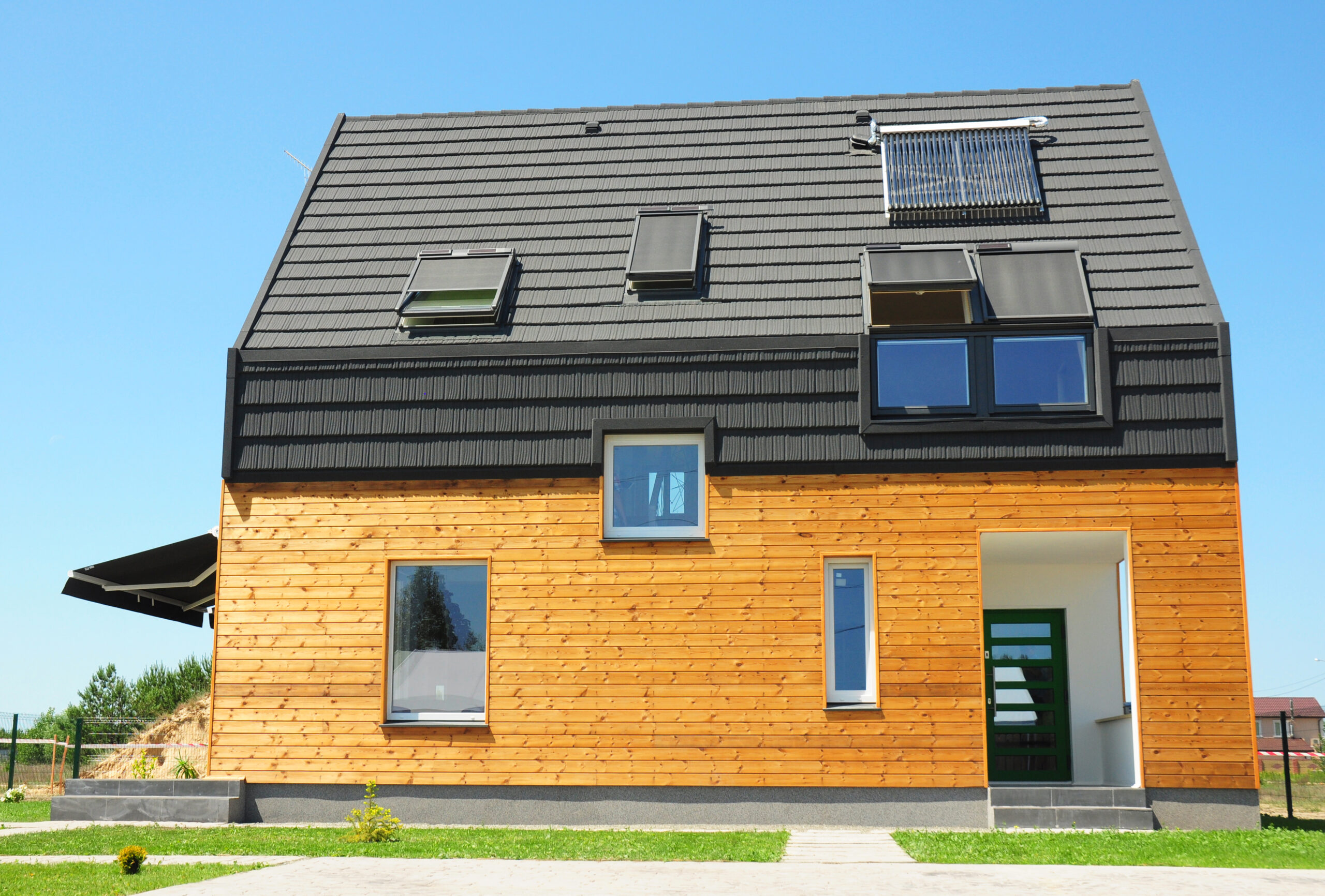Despite the ongoing pandemic, 2021 was a record-breaking year for investment in the energy transition and renewable power, battery storage, and sustainable transportation, according to the 2022 Sustainable Energy in America Factbook, published by BloombergNEF (BNEF) and the Business Council for Sustainable Energy (BCSE). This tenth annual edition of the Factbook concludes that unprecedented injection of new capital into companies, technologies, and projects, as well as a wave of supportive new policies, drove the growth in clean energy transition and energy efficiency.
Details »Insulation Institute Blog
Posts Categorized: Decarbonization
The Building Efficiency Accelerator
Addressing CO2 emissions in the built environment is critical in combatting climate change. Yet despite the urgency of the effort and the potential benefits to building occupants, roughly 80 percent of the energy savings potential in buildings globally remains untapped, according to the World Resources Institute (WRI).[1] In response, WRI has launched the Building Efficiency Accelerator, a public-private collaboration that turns global expertise into action to accelerate local government implementation of building efficiency policies and programs. Their target: a zero-carbon building sector by 2050.
Details »Pandemic Could Drive Net Zero Construction
Pandemic May Drive Zero Energy Construction
![]() An increasing number of states and municipal governments are considering more stringent energy efficiency goals into their updated building codes. For example, new residential construction in several locales within Colorado must comply with the U.S. Department of Energy’s Zero Energy Ready Home program. While Colorado may be on the leading edge, states that have targeted carbon reduction are ramping up efforts to move to more stringent building codes. The pandemic may accelerate that activity.
An increasing number of states and municipal governments are considering more stringent energy efficiency goals into their updated building codes. For example, new residential construction in several locales within Colorado must comply with the U.S. Department of Energy’s Zero Energy Ready Home program. While Colorado may be on the leading edge, states that have targeted carbon reduction are ramping up efforts to move to more stringent building codes. The pandemic may accelerate that activity.
5 Promising Developments for Decarbonization
As a new decade begins, there are promising developments on the horizon for building decarbonization and greenhouse gas (GHG) emission reductions in residential and commercial construction. While federal support for decarbonization to address climate impacts is at a standstill, non-governmental organizations, state and local governments, and industry are all focused on sustainability and building decarbonization actions that may ultimately lead to real progress. Here are five promising developments for decarbonization that have the potential to shape an active decade of progress.
Details »



